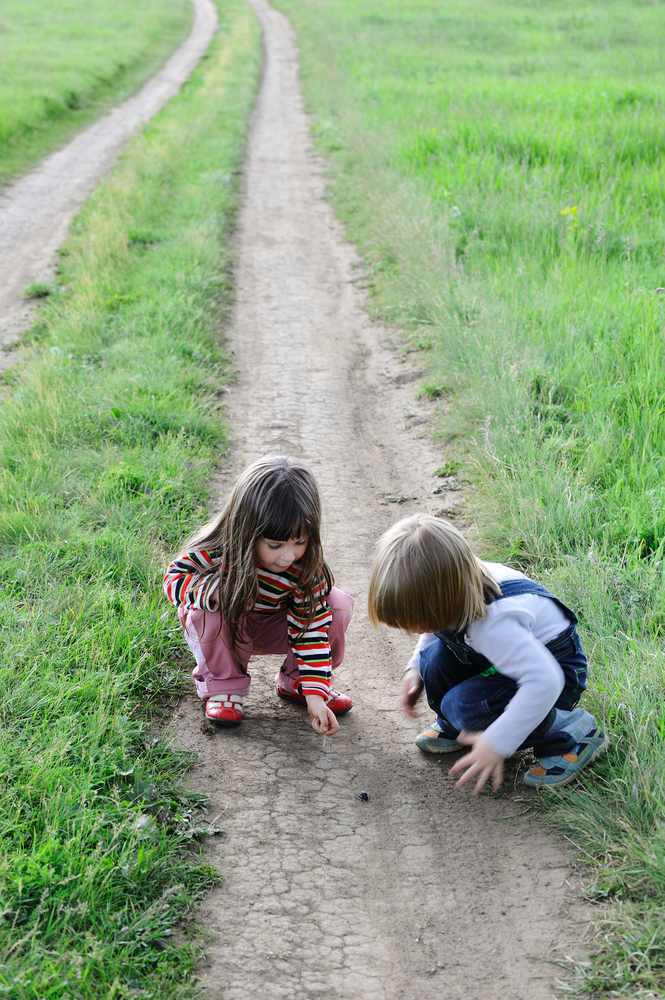Learning experiences and learner identity in the digital age: mapping learning pathways across formal and informal educational settings
Learning experiences and Learner Identity
This project aims at studying the processes of Learner Identity (LI) construction, that is, how individuals construct themselves as learners. Individuals have learning experiences and learn in many different spaces and contexts. With the immersion of ICT in practically all situations of human activity, new contexts have developed offering opportunities and resources for learning. At the same time, ICT has importantly increased the potential of traditional learning scenarios as learning resources. Taking part in the activities in these new contexts is gaining importance in the people’s learning. Above all, they are becoming an important source of learning experiences from which we construct meaning about ourselves as learners. In addition, often these meanings transcend the particular context in which these experiences take place, and so they get generalized to other contexts and activities. Positively, they affect the lesser or the bigger profit of learning opportunities, and, eventually, on our learning.
Project goals
The project BLE_LI pursues three goals:
• Studying learning itineraries of pupils at different moments of their school experience, attending to their reports of their learning experiences, to the contexts in which these experiences take place and the activities performed in them.
• Studying the impact of these learning experiences referred by students about the meanings they construct about themselves as learners.
• Specifically studying two aspects with particular relevance in the construction of meanings about ourselves as learners. Namely, the patterns or cultural schemata used by pupils to construct these meanings, and the impact of other identities (principally cultural and genre identities) on the construction of the Learner Identity.
Project phase
The Project is organized in three concatenated steps:
Step 1
Goal: Identify and describe (1) the activities in which children and adolescents usually take part out of school, which offer them opportunities and resources for learning, (2) the spaces and socio-institutional contexts in which these activities take place, (3) the role of ICT in these activities, and (4) the learning experiences that are linked to these activities.
Method: Focus group interview.
Participants: Children and adolescents at primary and secondary school aged 10, 13 and 16. Parents groups.
Step 2
Goal: Explore the frequency and width of the children’s and adolescents’ participation in socio-institutional contexts and activities identified in step 1, as well as the role of ICT and learning experiences implied in these situations.
Method: Questionnaire
Participants: Children and adolescents at primary and secondary school aged 10, 13 and 16.
Step 3
Goal: Deep exploration of the impact of the most relevant learning experiences reported by a small number of children and adolescents in the meaning construction about themselves as learners, including the cultural schemata used in this construction and its relationship to other identities.
Method: Individual interview
Participants: Children and adolescents at primary and secondary school aged 10, 13 and 16. The pupils will be selected after their responses to the questionnaires in step 2.



